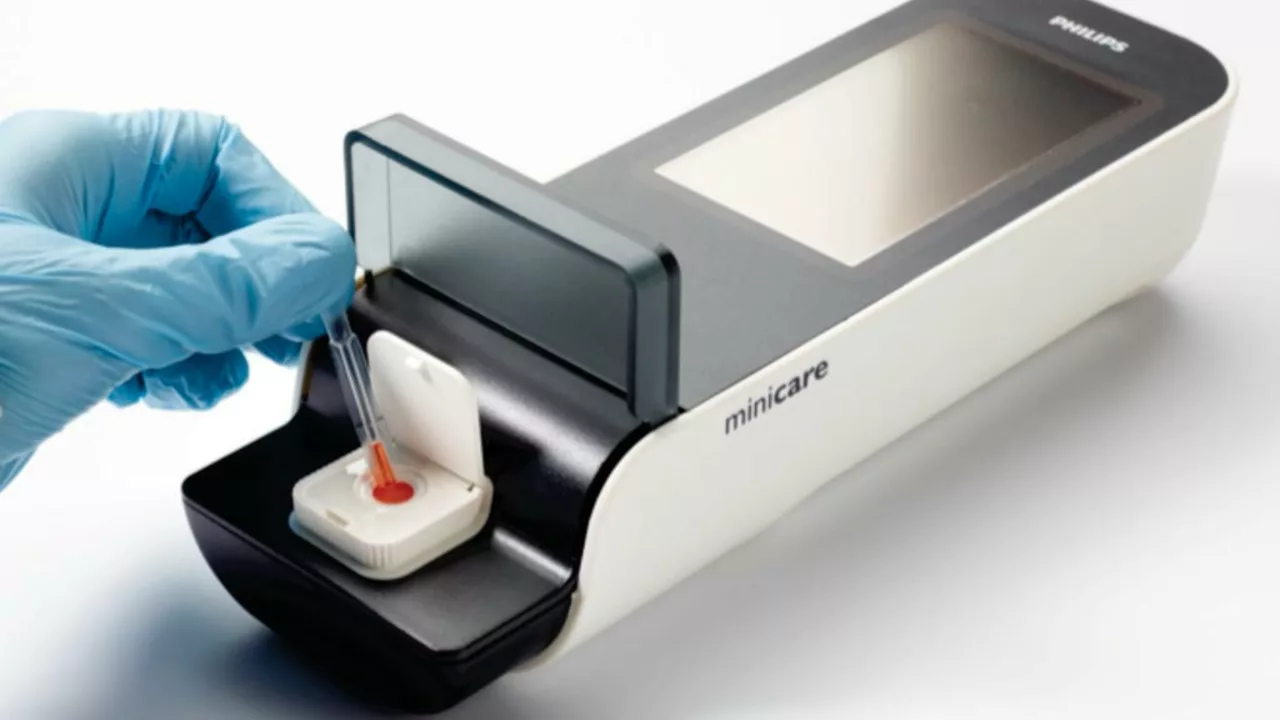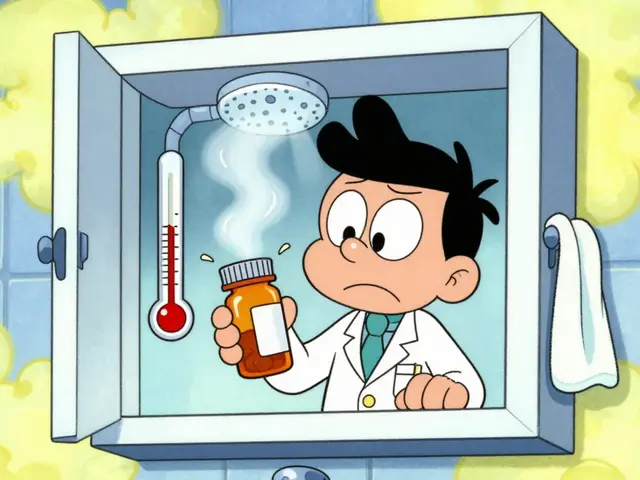Mental Health: Practical Guides on Depression, Movement Disorders & Meds
You're here for clear, useful info about mental health. This category collects short, practical posts on major depressive disorder, movement problems like dyskinesias, and how medicines can change your mood or thinking. Each piece tells you what signs to watch, which tests doctors use, and simple steps you can take now to feel safer and more in control.
If depression feels like a constant weight, our yoga and meditation article explains how small, daily habits can help. It shows realistic ways to start—five-minute breathing exercises, gentle poses for sleep, and a simple mindfulness routine you can try before or after medication. The post says when these practices help most and when professional care should come first.
For odd or jerky movements, read the dyskinesia diagnosis guide. It breaks down the typical process: a focused medical history, watching and recording movements, and when imaging such as MRI or CT is useful to rule out other causes. You’ll get advice on how to make symptom videos, what details to note in a symptom diary, and how early diagnosis can open better treatment options.
Curious about Cyclobenzaprine HCL? Our article lists common mental side effects like drowsiness, confusion, and mood changes, and it points out who’s at higher risk—older adults, those on other sedating drugs, and people with certain medical conditions. The piece highlights key drug interactions and the questions to bring to your prescriber so you can balance muscle relief with mental safety.
Concrete steps you can take today
Start a simple symptom log: list medication names, sleep hours, mood scores (1–10), and any new movements or thoughts. Share that log with your clinician. Try one brief habit for two weeks—like a five-minute nightly breathing practice or a short walk after lunch—and note changes. Small, consistent moves often matter more than big, rare efforts.
Bring useful tools to appointments: a one-week symptom diary, a current medication list (include doses), and short videos of any movement problems. Ask for specific tests if symptoms suggest them—blood work for thyroid or drug levels, MRI for structural concerns, or referral to a neurologist or psychiatrist when needed. Clear notes speed up diagnosis.
Questions to ask and warning signs
Ask your provider: "Could this medicine affect my mood or cause these movements?" "Which test would help find the cause fast?" "What short-term steps should I try before changing meds?" Seek immediate help if you have suicidal thoughts, sudden severe confusion, trouble breathing, or a fall risk caused by dizziness. Those are urgent and need prompt care.
We update posts when new evidence appears and link to studies and guidelines for deeper reading. Use the search for topics like "yoga depression," "diagnosing dyskinesia," or "cyclobenzaprine side effects" to find full articles with step-by-step advice. Bookmark posts that matter and bring the key points to your next visit.








